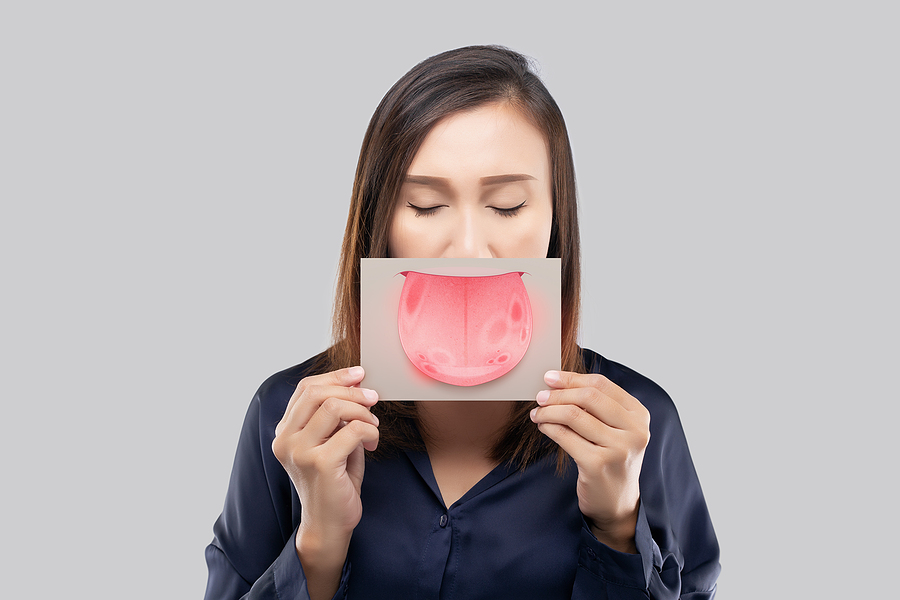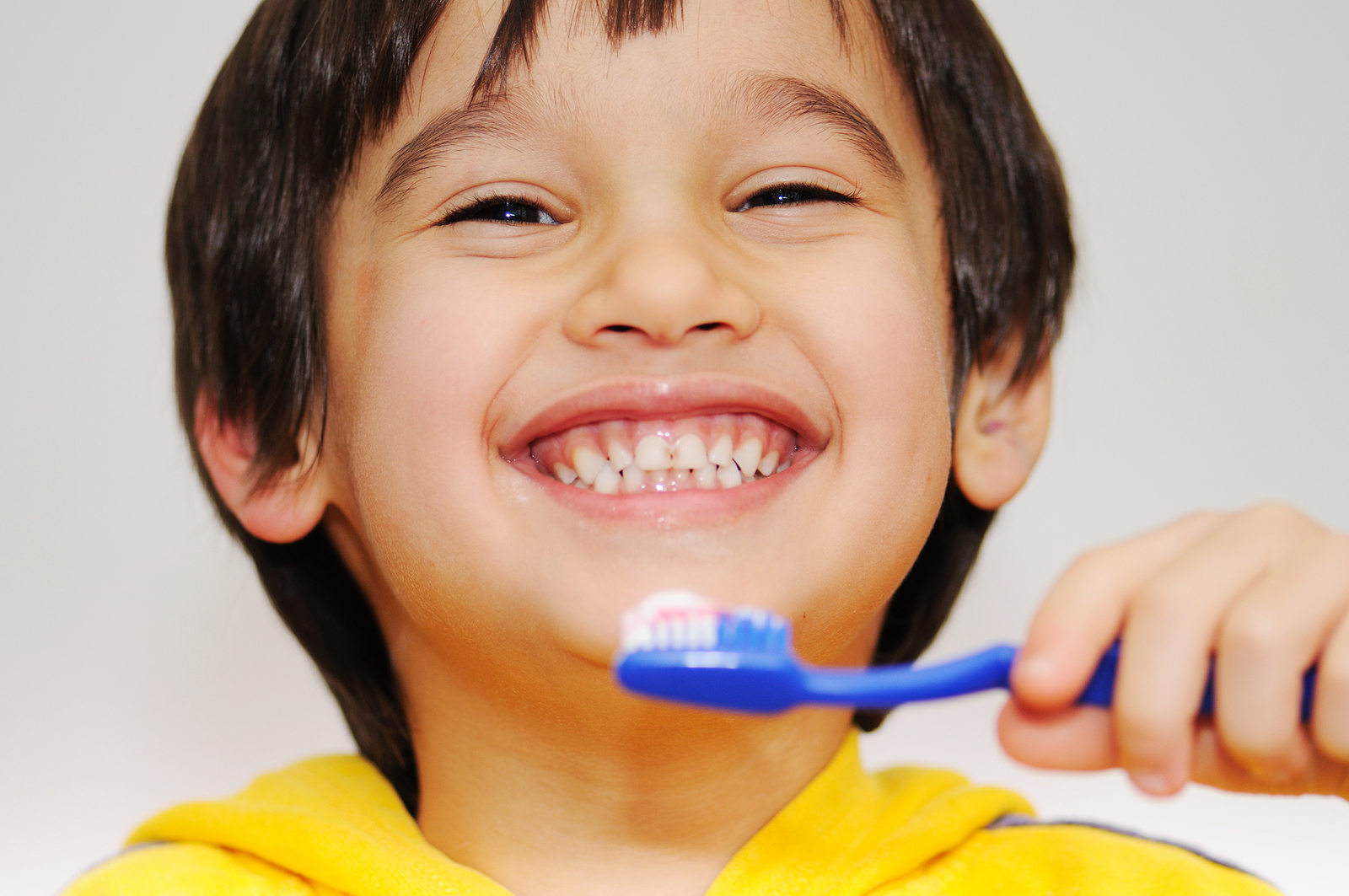Do you know that the dental implant success rate is 95 to 98 percent? If placed by a skilled dentist and taken good care of, dental implants can last a lifetime. But without proper placement or care, you might experience dental implant failure.
Learn the dental implant care mistakes to extend your implants’ lifespan.
Dental implants provide a permanent solution to your missing teeth. They restore your bite force and enable a natural speech. Since they are versatile, they’re designed to match your natural teeth.
But to enjoy these benefits, you need to keep your dental implants in good condition.
Read on to learn the dental implant care mistakes and how to avoid them.
1. Choosing the Wrong Aftercare Routine
After getting dental implants, you need to offer them good care to expedite recovery. You need to develop and commit to the proper aftercare routine to keep pain and infections at bay.
However, creating a good dental implant care routine isn’t as easy as you might think. You need professional guidance to include the right treatments in the routine. Otherwise, you might use the wrong medications affecting your implants and delaying healing.
Consult your dentist to create an effective dental implant aftercare routine. They advise on the best medications to use and when to take them. They recommend activities to engage in to speed up recovery.
Professional dentists help create a diet plan that reduces pain and aids in healing. They ensure regular dental-check ups to diagnose infections before they worsen.
After developing a dental implant aftercare routine, stick to it until you recover.
2. Disturbing the Implant Area
After implant treatment, avoid disturbing the surgical site with your fingers or tongue. The tissues surrounding that area need to stay intact to heal.
If you keep touching the implant area, you can slow the recovery process. You might dislodge the blood clot forming over the implant site, causing bleeding.
In addition to touching, avoid excessive rinsing and drinking with a straw. Such activities can also disturb the implant area and result in bleeding.
Disturbing the implant site can make you treat problems that can derail the recovery.
3. Not Observing Oral Hygiene
While dental implants aren’t prone to decay, they need regular cleaning. Proper cleaning removes bacteria, food particles, and plaque that can cause oral infections. Thus, creating the best environment for the tissues around the implant site to heal.
Letting debris pile up around the implant area can cause implant failure. It reduces medication effectiveness and causes infections.
After a dental implant, brush, rinse and floss your teeth regularly. And if you’ve got a cleaning routine recommended by your dentist, adhere to it. It’ll help get rid of all the debris and bacteria to achieve the best results.
Before cleaning dental implants, ensure to use the right products. Ask your dentist to recommend the best toothpaste and brush for your dental implants. This ensures you don’t use harsh products that can damage your implants.
4. Smoking Before Recovery
Smoking when nursing dental implants can be detrimental to your health. Besides delaying recovery, it damages your implants and other teeth.
The cigarette smoke harms the bones and tissues surrounding the implant site. Thus, making them weak to support the implants and hold them into place.
Nicotine exposure also weakens the immune system defenses and slows down recovery. It restricts oxygen and blood flow to the oral tissues, making healing difficult. Tobacco prevents the fusing together of the implant and the surrounding bone.
It’s recommended to quit smoking one or two weeks before getting your dental implants. And wait for at least two or three months before going back to smoking. This increases the chances of osseointegration making your implant successful.
5. Forgetting to Take Your Medication
After the implant procedure, you’re given various medications to take for a few days. Some of these medicines help to relieve pain, while others prevent infections.
So, you need to take them as per the dentist’s instructions to enhance their effectiveness. Avoid exceeding or taking less dosage and take them at the right time. By doing so, rest assured of achieving your desired results.
Forgetting to take your medications will cause pain and delay the healing process. Oral infections might occur, making your condition worse.
6. Failing to Call Your Dentist When Bleeding Persists
Slight bleeding can occur in the first three days after the dental implant procedure. If bleeding persists, use gauze on the implant site to stop it.
But if bleeding doesn’t stop, reach out to your dentist and inform them. It can be caused by various conditions that might escalate to a bigger threat with time.
Once you inform the dentist about bleeding, they advise you on the best cause of action. If it’s serious, they’ll advise you to visit them for a check-up. But if otherwise, they guide you on how to control the light bleeding.
7. Starting Off With Hard Foods
After getting dental implants, follow a special diet plan your dentist recommends. Since your chewing ability will be affected, stick to soft foods. Hard foods like chips and nuts might damage your implants, reducing their lifespan.
Some of the foods dentists recommend after a dental implant surgery include;
- smoothies and protein shakes
- apple sauce and fresh juices
- cool, smooth soups
- cold broths
Taking such foods ensures you don’t irritate your gums and worsen your condition.
Avoid the Above Dental Implant Care Mistakes
Getting dental implants is worthwhile as they offer a broad range of benefits. From improving a smile, speech, and oral health to boosting self-esteem. However, you need to avoid dental implant care mistakes to enjoy these benefits.
Are you experiencing dental implant issues? At Southeast Family Dental, we can provide an optimal solution. We provide quality dental work that looks and feels great. Contact us today for a free consultation.
More Blog Posts
Office Hours
MON - THU8:00 am - 5:00 pm
FRI8:00 am - 2:00 pm
SAT - SUNClosed






